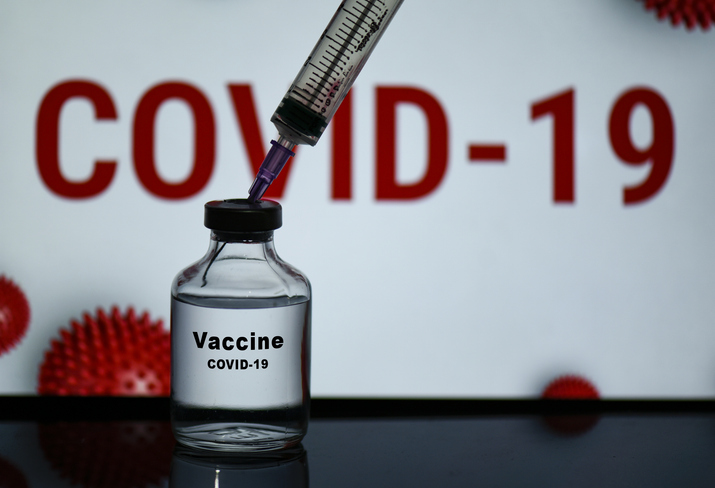Comprehensive studies conducted by India’s top health research bodies have found no evidence linking COVID-19 vaccination to sudden deaths among adults, particularly in the 18–45 age group. The findings, released by the Ministry of Health and Family Welfare, are based on extensive investigations by the Indian Council of Medical Research (ICMR), the National Centre for Disease Control (NCDC), and the All India Institute of Medical Sciences (AIIMS), New Delhi.
These studies were initiated amid rising public concern about sudden and unexplained deaths following the COVID-19 pandemic. However, the research outcomes have decisively ruled out any direct connection between the vaccines and such fatalities. Instead, they point to a combination of pre-existing health conditions, genetic factors, lifestyle choices, and in some cases, post-COVID complications as the underlying causes.
One of the key investigations, conducted by ICMR’s National Institute of Epidemiology (NIE), was a multicentric matched case–control study titled “Factors associated with unexplained sudden deaths among adults aged 18–45 years in India.” Carried out between May and August 2023, the study covered 47 tertiary care hospitals across 19 states and Union Territories. It examined cases involving seemingly healthy individuals who died suddenly between October 2021 and March 2023. The results found no increased risk of unexplained sudden death following COVID-19 vaccination.
In parallel, AIIMS New Delhi, in collaboration with ICMR, is conducting a prospective study titled “Establishing the cause in sudden unexplained deaths in young.” Though the study is still underway, preliminary findings indicate that myocardial infarction (heart attacks) remains the leading cause of sudden deaths in young adults. The pattern of causes has remained consistent with trends from previous years. Additionally, in several cases, genetic mutations have been identified as contributing factors.
Collectively, the findings from both studies offer a robust scientific explanation of sudden deaths in young adults and reinforce the safety profile of COVID-19 vaccines administered in India. Experts emphasized that misinformation or unverified claims linking vaccines to such deaths are not only scientifically inaccurate but also pose a risk to public trust in vaccination programs.
Health officials and researchers have cautioned that spreading speculative and unsupported claims can fuel vaccine hesitancy—an outcome that could undermine public health efforts and reverse progress made in managing the pandemic.




















